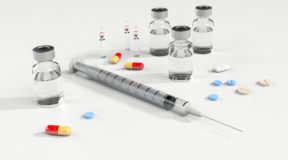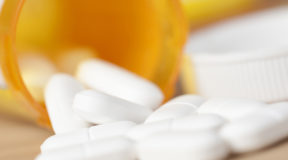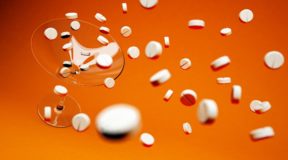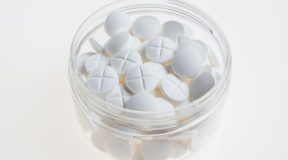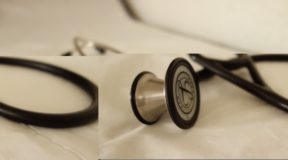NALTREXONE TIP FOR PROVIDERS: remember that “naloxone” is the medication we use to revive patients that overdose in the ER.”naltrexone” is what we use to curb alcohol and narcotic cravings. Naloxone and naltrexone have almost the same chemical makeup but they are NOT the same.
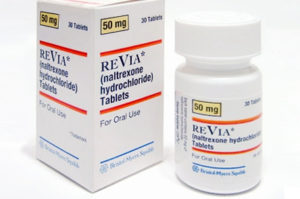
Naloxone: C20H23NO4
Naloxone: C19H22ClNO4
Naltrexone is a medication that is only bioavailable orally. Naloxone, by contrast, is not orally available. (this explains whey naloxone mixed in with buprenorphine (i.e. suboxone) doesn’t create a withdrawal syndrome).
The dose of naloxone in most cases is 50mg qd for patients with alcohol use disorder and for locking down patients with opiate use disorder. As it pertains to those with opiate dependency, naltrexone is somewhat useful but really only for those with mild dependency. Those with high dose narcotic abuse (hi doses oxycodone or equivalent or heroin) will sometimes have a hard time staying under control with naltrexone only. You need to consider whether it would be more appropriate to control their cravings, at least initially, with either buprenorphine/naloxone or methadone.
As naltrexone pertains to patients with alcohol use disorder, it has been shown to be effective although in my own personal practice I find that it seems to be effective about 50% of the time. Now, while many may snub their noses at this, I actually consider this to be very worth a try. Those patients that do find benefit, they will report that their cravings are modestly reduced and this may be all that is necessary to prevent them from either relapsing or from continuing a relapse. One of the most intriguing theories is that naltrexone blocks the brains own endogenous contribution to the reward pathway.
18. Volpicelli JR, Alterman AI, Hayashida M, et al. Naltrexone in the treatment of alcohol dependence. Arch Gen Psychiatry 1992;49:876–880. 19. O’Malley SS, Jaffe AJ, Chang G, et al. Naltrexone and coping skills therapy for alcohol dependence. A controlled study. Arch Gen Psychiatry 1992;49:881–887. 20. Volpicelli JR, Watson NT, King AC, et al. Effect of naltrexone on alcohol “high” in alcoholics. Am J Psychiatry 1995;152:613–615.
Ries M.D, Richard K.. Principles of Addiction Medicine (Kindle Locations 30354-30358). Lippincot (Wolters Kluwer Health). Kindle Edition.
Alcohol Clin Exp Res. 2001 Sep;25(9):1335-41.
Efficacy of naltrexone and acamprosate for alcoholism treatment: a meta-analysis.


